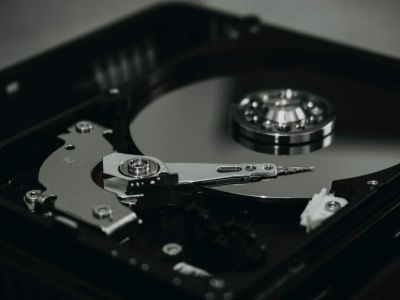An important function of the Information Management Officer (IMO) is to ensure the appropriate and safe storage of data for the cluster. This module explores the roles and responsibilities of the IMO in this function and identifies key protocols, best practice, and considerations for the IMO.
Lesson 2: Standards and protocols
Lesson 3: Establishing, implementing and managing effective data storage and sharing systems
Lesson 4: Reflection
Learning objectives
By the end of this module, you will be able to:
- Describe the roles and responsibilities of an IMO in terms of storing and sharing data, information, and documents and why it is important
- Describe standards and protocols for appropriate data handling, storage and management
- Explain key considerations and best practice when establishing and managing an effective data storage and sharing system
- Reflect on how effective your data storage and sharing systems are and identify any improvements you can make
Audience
This module is suitable for anyone who is interested developing their knowledge and skills for information management in humanitarian contexts, including those who need to engage with coordination and humanitarian architecture on this topic.
Length
It should take you about 35 minutes to complete this self-paced course.
Methodology
This course is composed of a single short self-paced animated module, including various examples and activities.
Structure
Introduction
Lesson 1: The IMO’s role in data storage and sharingLesson 2: Standards and protocols
Lesson 3: Establishing, implementing and managing effective data storage and sharing systems
Lesson 4: Reflection
Summary
Suggested prior learning
- Introduction to the role of the IMO
Suggested further learning
- Data Responsibility and Protection Principles
- Developing an Information-Sharing and Data Confidentiality Policy
